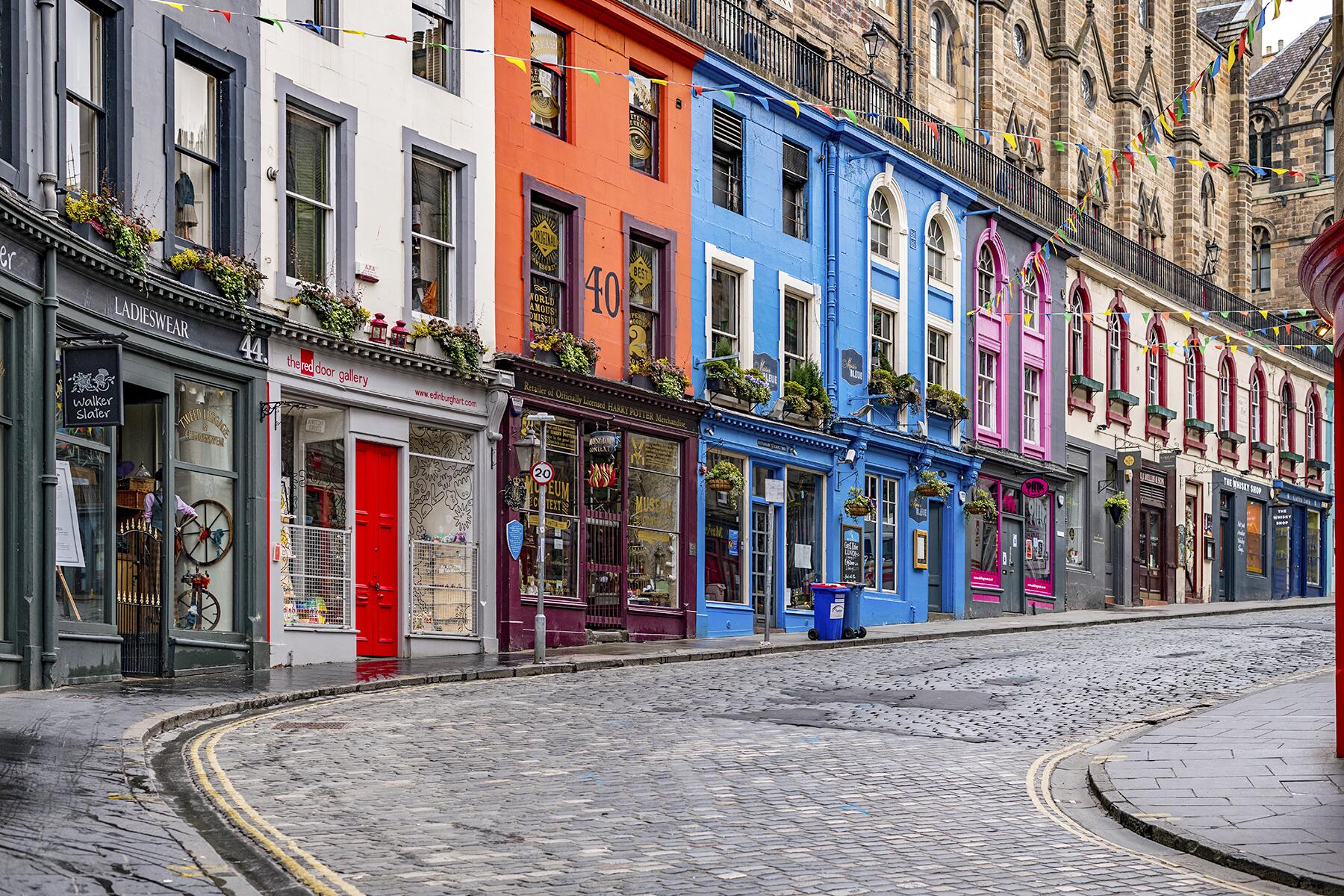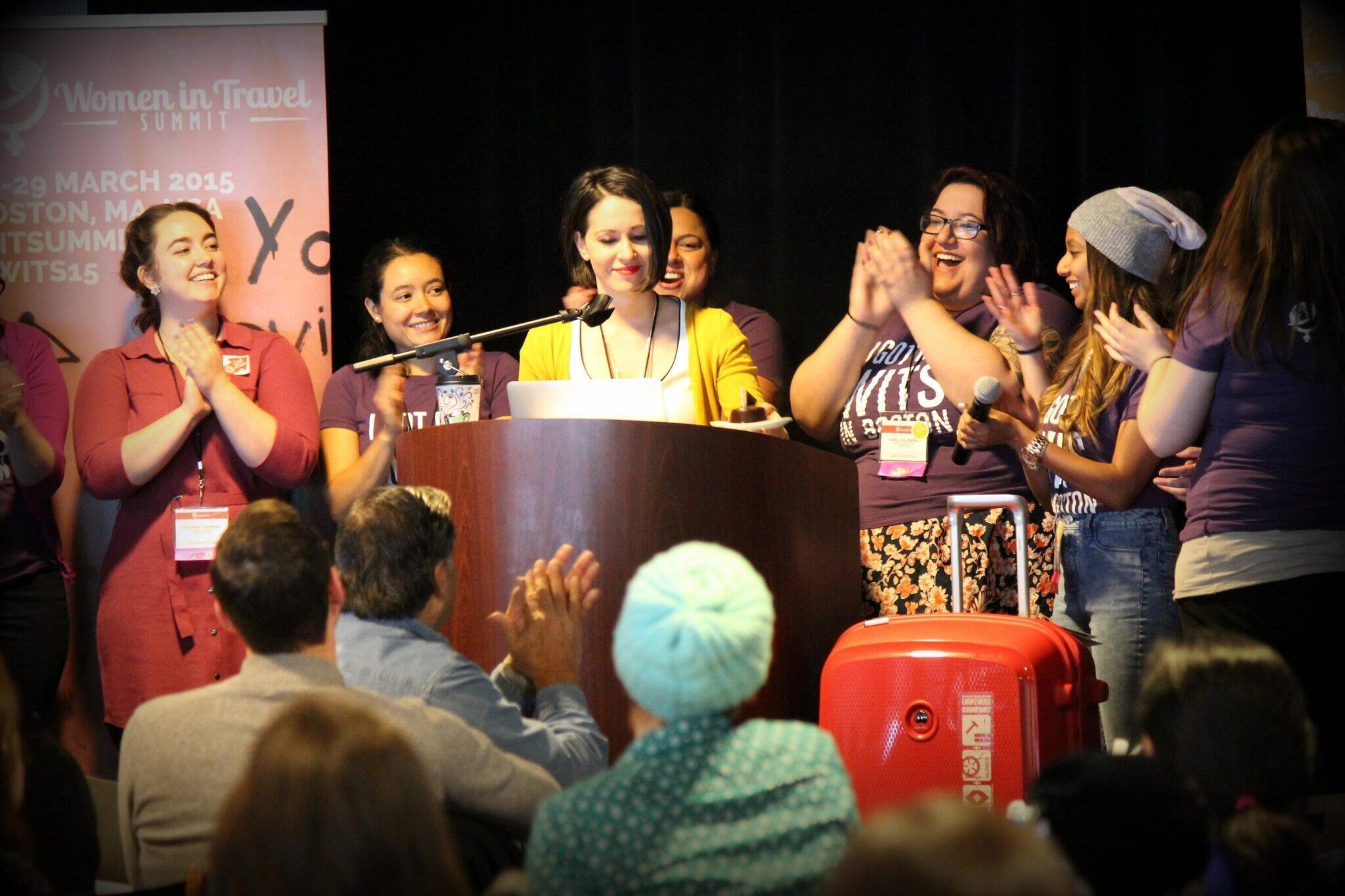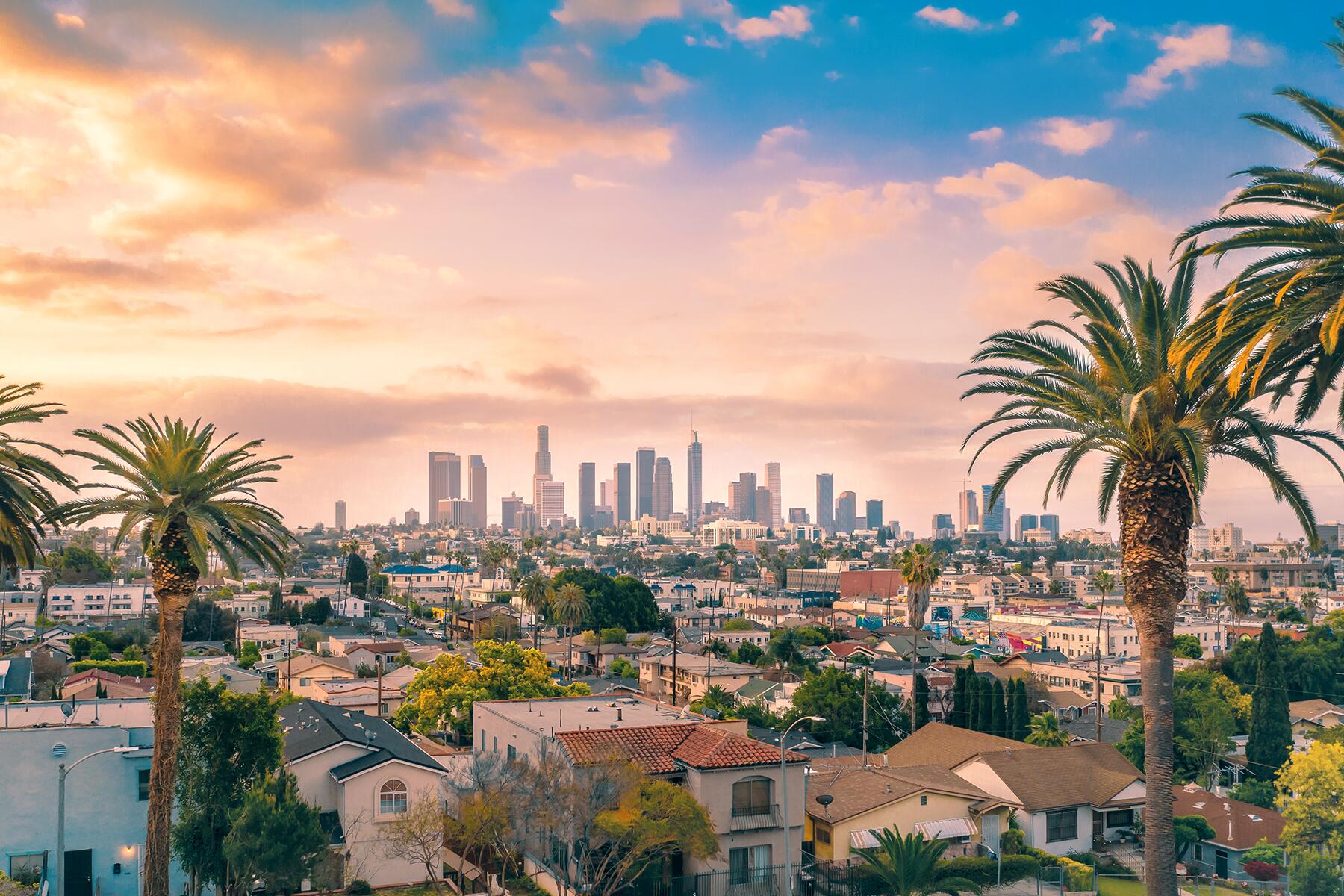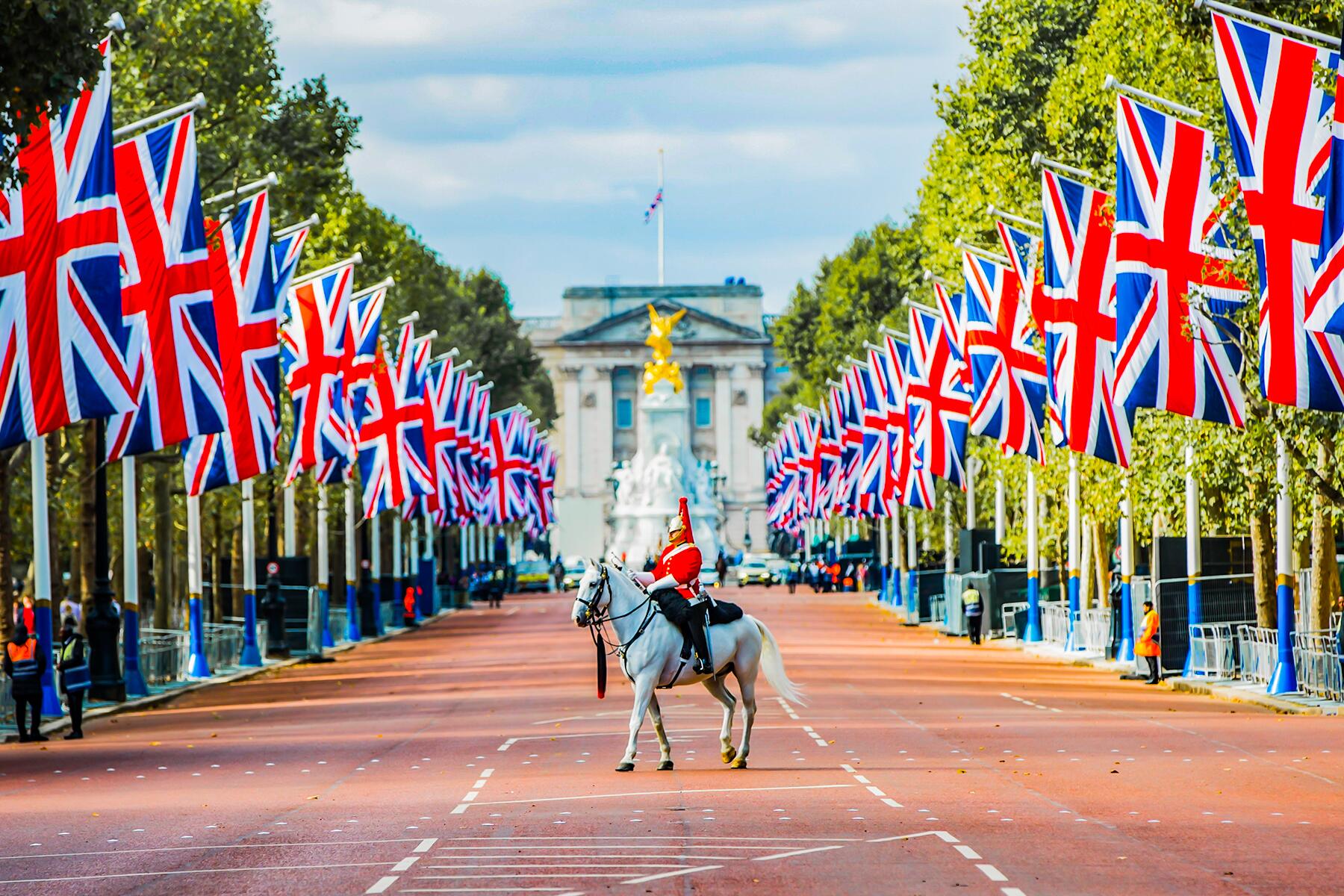For a deeper understanding of a complex nation.
Many mourned the death of Queen Elizabeth II last year. At 96, she was the longest-serving monarch in the U.K. This year, her son King Charles III, will have an official coronation. It’s the dawn of a new era in the country.
However, the ghosts of the Kingdom’s past continue to haunt the present. For years, the embers of colonialism have been part of the public discourse. With the Queen’s death, the fire has rekindled and the complicated relationship between the Crown and its subjects has again become a matter of debate and criticism. I have conflicted views, too.
When Indian author and historian Aanchal Malhotra published her book Remnants of Partition: 21 Objects from a Continent Divided in 2017, I still wasn’t deeply invested in my heritage. But it propelled me to think: What did my grandparents bring with them from Pakistan? Most families in India have a partition story; independence from the British remains a major historic event in our nation’s memory. Other former colonies similarly impacted by the Raj also have this shadow of imperialism hovering over them, so we can’t disassociate the crown and the royal family from decades of oppression and violence we faced. And we shouldn’t.
A quarter of the world was once ruled by the British Empire. There are thousands of books you can read on the subject, and it’s not hard to find contrasting perspectives. In this list, I am recommending books on royal life, heritage, scandals, and the legacies of a bloodied crown from different parts of the world. These are more recent accounts, a mix of fiction and non-fiction, that will give you a small insight into the workings of this monarchy.




